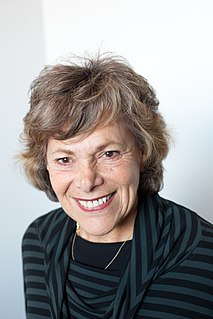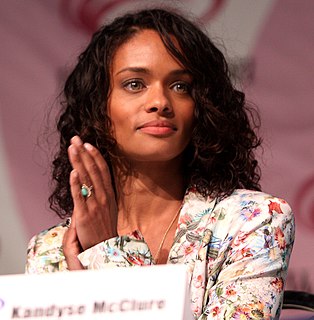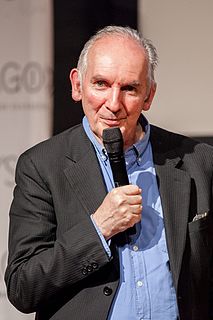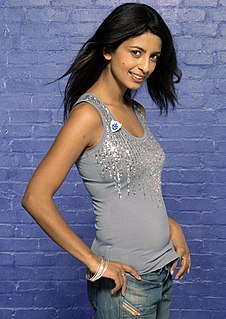A Quote by Ellen Langer
Out of an intuitive experience of the world comes a continuous flow of novel distinctions. Purely rational understanding, on the other hand, serves to confirm old mindsets, rigid categories. Artists, who live in the same world as the rest of us, steer clear of these mindsets to make us see things anew.
Related Quotes
When I was a child, we seemed to be living in a world remote from the rest of the world. But television has made a great difference to all of us. If something happens where I live, you see it tomorrow or perhaps even at the same time it is happening there. It's not "one world" in the sense that conflicts are resolved in the world. But we are more one world in that we know what is going on and are psychologically influenced by what goes on around us.
I decided to praise my son not when he succeeded at things he was already good at, but when he persevered with things that he found difficult. I stressed to him that by struggling, your brain grows. Between the deep body of research on the field of learning mindsets and this personal experience with my son, I am more convinced than ever that mindsets toward learning could matter more than anything else we teach.
For some of us, books are as important as almost anything else on earth. What a miracle it is that out of these small, flat, rigid squares of paper unfolds world after world after world, worlds that sing to you, comfort and quiet or excite you. Books help us understand who we are and how we are to behave. They show us what community and friendship mean; they show us how to live and die.
Instead of loving a God, we love each other. Instead of the religion of the sky-the religion of this world-the religion of the family-the love of husband for wife, of wife for husband-the love of all for children. So that now the real religion is: Let us live for each other; let us live for this world without regard for the past and without fear for the future. Let us use our faculties and our powers for the benefit of ourselves and others, knowing that if there be another world, the same philosophy that gives us joy here will make us happy there.
If it is written and read with serious attention, a novel, like a myth or any great work of art, can become an initiation that helps us to make a painful rite of passage from one phase of life, one state of mind, to another. A novel, like a myth, teaches us to see the world differently; it shows us how to look into our own hearts and to see our world from a perspective that goes beyond our own self-interest.
Every day God invites us on the same kind of adventure. It's not a trip where He sends us a rigid itinerary, He simply invites us. God asks what it is He's made us to love, what it is that captures our attention, what feeds that deep indescribable need of our souls to experience the richness of the world He made. And then, leaning over us, He whispers, "Let's go do that together.
The power of both myth and art is this magical ability to open doors, to make connections - not only between us and the natural world, but between us and the rest of humanity. Myths show us what we have in common with every other human being, no matter what culture we come from, no matter what century we live in. . .and at the same time, mythic stories and art celebrate our essential differences.


































